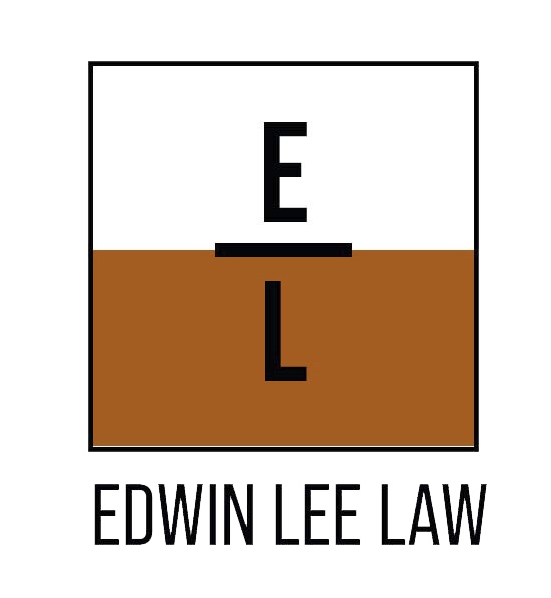Nearly one-third of young adults don't have a budget, which creates a huge stumbling block for financial success. Give your children the tools they need to control their money instead of wondering where it went.

The Most Common Inheritance Mistakes to Avoid
After the death of a loved one, there is a period of mixed emotions as we deal with the loss and receive an inheritance. The loss of a loved one is sad but the influx of funds can bring joy or relief. It can be hard to think and plan objectively. After receiving an inheritance, some people blow through it surprisingly quickly. Here are some mistakes people make when inheriting money and how to avoid them.
Not Factoring in Potential Taxes
Depending on the size of the inheritance, you may get bumped into a higher tax bracket than you were previously. You could also be on the hook for capital gains taxes. It is a good idea to talk with a financial advisor or an accountant before you spend any of your inheritance.
Failing to Make a Budget
If you don’t have a budget and are not used to managing money, you may not be prepared to handle a large influx of funds. This could lead to overspending and quickly disappearing inheritance. If you already have a budget, factoring in your new funds will help you see how it will affect your saving and spending strategy.
Spending Too Much
When receiving a large sum of money, it can be easy to think that there is plenty to last. All too often people blow through inheritances by making big ticket purchases, such as cars, boats, or vacations. Even if the purchases don’t seem all that big, the costs add up quickly, especially if items purchased have additional costs, such as maintenance and insurance.
Stay grounded and think about whether or not you really need what you’re thinking of buying. Also consider how much more money you could have in the future if you invest the money instead of spending it now. If you know how much you will inherit before you receive it, you can create a budget to make it last.
Not Paying Off Debts
Paying off debts is the first thing you should do if you inherit a large sum of money. Paying off your mortgage, credit cards, or student loans will give you more freedom to do other things. You will still need to balance the debts you decide to pay with the amount of money you’d like to invest for the future.
Losing Other Income Sources
For people receiving asset-based or income-based government benefits, such as disability payments or Supplemental Security Income (SSI), receiving an inheritance could disqualify them from the benefits. This is something the benefactor needs to plan for before they pass on the inheritance. Establishing and funding the appropriate type of trust will reduce the possibility of this happening.
Not Saving Enough
Suddenly getting a large amount of money can make it easy to think about all the things you can do with it now instead of how you can save and invest for your future. After paying off debts, create an emergency fund with enough money to live on for about six months. Once you have done these two things, start increasing your contributions to your retirement accounts.
Not Getting Expert Advice
An inheritance, especially a big one, can help you achieve financial security and allow you to pursue a dream career or some other life goal. However, an inheritance can vanish surprisingly quickly if not managed well. Before doing anything with your inheritance, consult with a financial advisor, an accountant, and an estate planning attorney. Each of these professionals will help you manage your inheritance wisely and plan for a financially healthy future.
This article offers a summary of aspects of estate planning law. It is not legal advice, and it does not create an attorney-client relationship. For legal advice, please contact our Houston office today at (713) 582-5088 or schedule a consultation.

